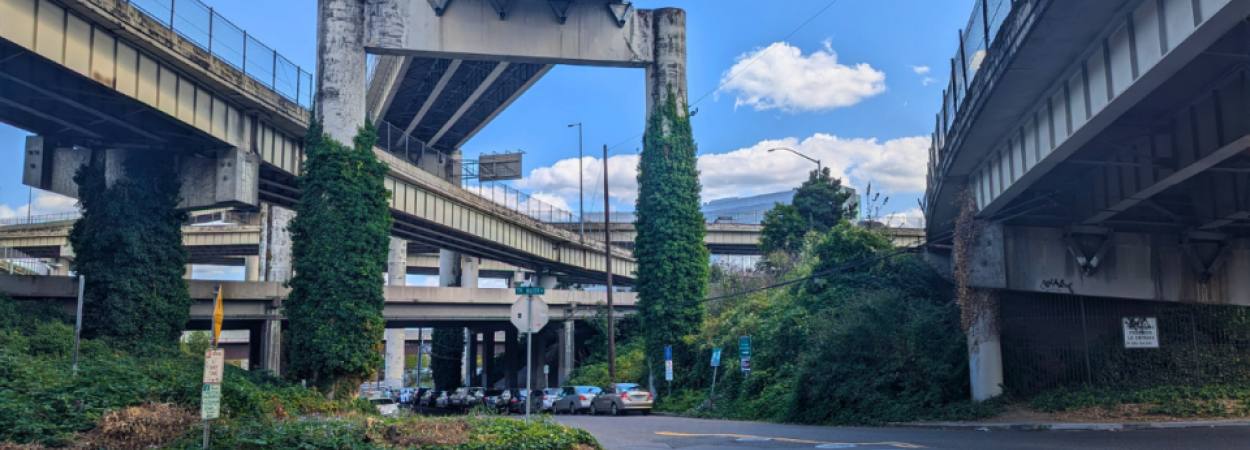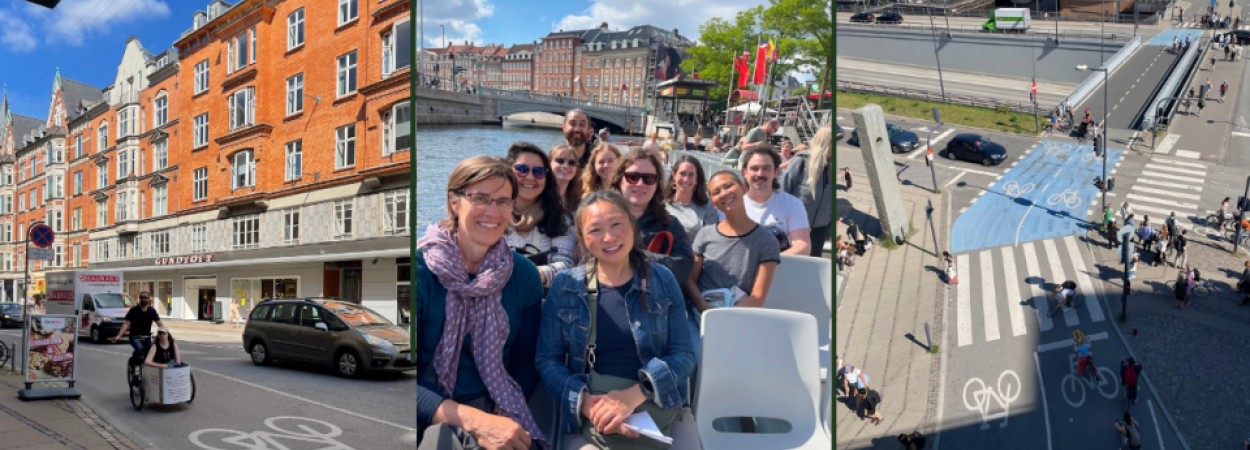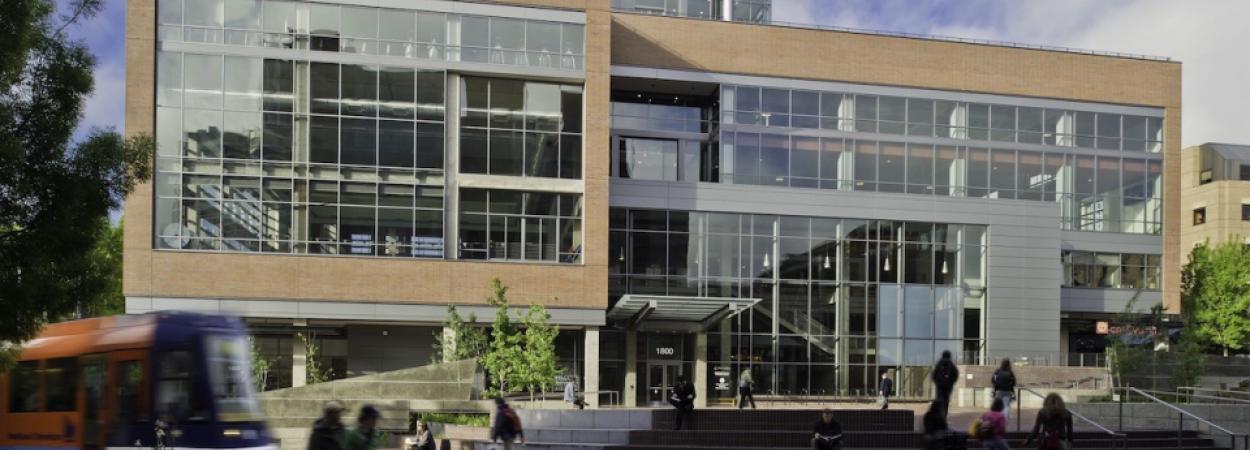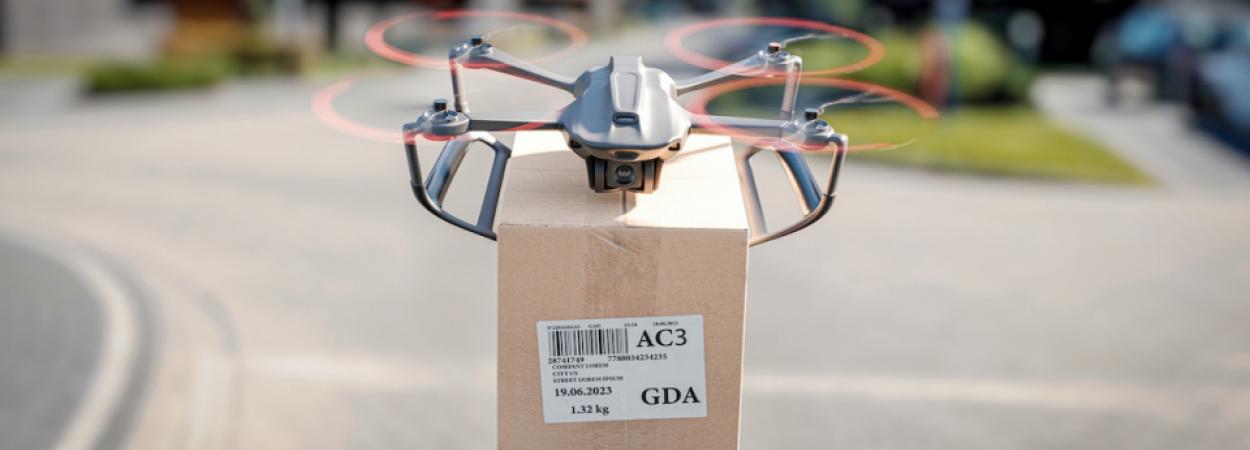 |  |  |

Not far from Portland State University, down a little road tucked under three highway overpasses, sits the International School of Portland (ISP)—a leafy four-acre campus serving nearly 400 students from preschool to fifth grade. Despite its proximity to popular pedestrian areas, including the Downtown Waterfront, the International School of Portland is nestled amongst a few private blocks and can be difficult to access by foot or by bike. Naturally, most students arrive by car, which creates the familiar traffic jam at pickup and dropoff times.
To provide more transportation options and give the students more access to the school's surrounding neighborhood, Portland State University students are working to improve walking and biking access to the campus. Championed by ISP’s volunteer Green Team, Facilities Manager Steven Borcherding, and Head of School Bodo Heiliger, the project is now about one-third of the way through the…
Read More
Since 2011, Portland State University and the Initiative for Bicycle and Pedestrian Innovation have offered a unique opportunity to students: a two-week study abroad course that introduces participants to cities with stellar bike cultures. In past years, classes have explored the Netherlands, Sweden, and Denmark. This year’s class of eight students, led by Hau Hagedorn and Drusilla van Hengel, spent two weeks this summer traversing Denmark by public transportation, foot, and (of course) bike. Check out some photos from the trip.
Students came from all over the country—from Portland to Connecticut—to attend the course. What they all had in common was a desire to learn from a city that is renowned to have some of the best bike infrastructure in the world. The students wanted to bring their newfound knowledge back to their respective towns to make the world a safer,…
Read More
Fall classes begin September 30 at Portland State, and there are some exciting transportation courses available this term. Not a current PSU student? You can still take a course: Anyone interested can register for classes through the non-degree application process, as a post-baccalaureate student, or for free if you're a senior citizen. Taking a course can be a good way to see if one of our graduate degree programs is right for you.
Check out the listings below to see what's on offer this fall.
Instructor: Derek Abe
Delivery: In person, Wednesday…
Read More
Drones, or unmanned aerial vehicles (UAVs), are increasingly being used to deliver medical supplies and other goods. In the U.S., where e-commerce grew by 30% rate in 2020, drone deliveries are expected to become a 7 billion US dollar market by 2027.
Two recent publications by Miguel Figliozzi of Portland State University (PSU) explore different aspects of optimizing and improving upon the use of UAVs for e-commerce deliveries.
Figliozzi is a professor of civil and environmental engineering and a member of the Transportation Research Board on Urban Freight committee, and his main research areas are transportation systems modeling, statistical analysis, and optimization. He has published a number of papers analyzing drone delivery and other areas of freight transportation.
Though…
Read More
When Kyu Ri Kim was seven years old, she was struck by a car while walking in her neighborhood where there was no separate walkway for pedestrians in Seoul, South Korea.
Kim, who is now an adjunct research associate at Portland State University (PSU), received nerve damage in her legs and had to use a wheelchair for several days after the incident. This experience launched her interest in pedestrian safety, which eventually led to her 2024 doctoral dissertation research project: "The Central Role of Perceived Safety in Connecting Crash Risk Factors and Walking Behavior."
"That was the real starting point, my personal experience. And I'm curious whether other people really do understand the real risk around them. What are the crash risk factors around them and how are they different from individual perceived risk?" Kim said.
Her dissertation, supported by funding from the National Institute for…
Read More